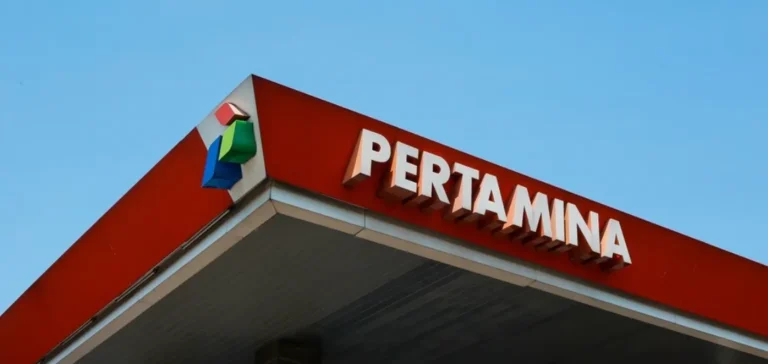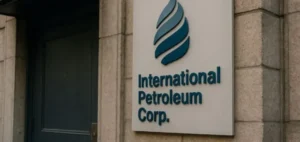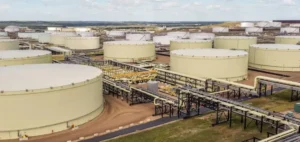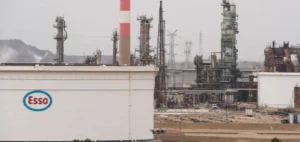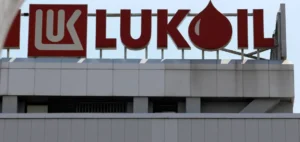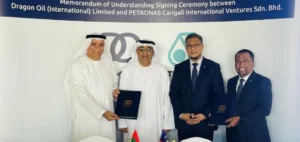Indonesia, the largest economy in Southeast Asia, has concluded an important energy deal with the United States to strengthen its imports of crude oil and liquefied petroleum gas (LPG). The memorandum of understanding was signed between Indonesia’s state-owned oil company, Pertamina, and American companies, including ExxonMobil and Chevron. The total value of the deal amounts to 34 billion dollars.
A Strategic Energy Market
This agreement is part of a series of initiatives aimed at improving bilateral trade relations between Indonesia and the United States, particularly in the energy sector. Indonesia seeks to diversify its energy supply sources, a move made necessary by the growing energy demand to support its industrial development. Through this deal, the country intends to strengthen the resilience of its energy sector by increasing imports from the United States.
The Impact of Commercial Agreements
In addition to increasing imports of crude oil and LPG, the agreement also includes increased purchases of refined products such as gasoline. This partnership aims to address the growing trade deficit between the two countries. Indeed, Indonesia, which has recently observed an expansion of its trade deficit with the United States, seeks to offset this trend through long-term commitments in the energy sector.
Pertamina in a Key Role
Pertamina plays a central role in these negotiations. As the leading player in Indonesia’s oil industry, it is responsible for securing the country’s energy supply by collaborating with global suppliers such as American giants ExxonMobil and Chevron.
This memorandum of understanding marks an important step in Indonesia’s strategic alignment with the United States, strengthening energy cooperation beyond the mere supply of energy resources.


